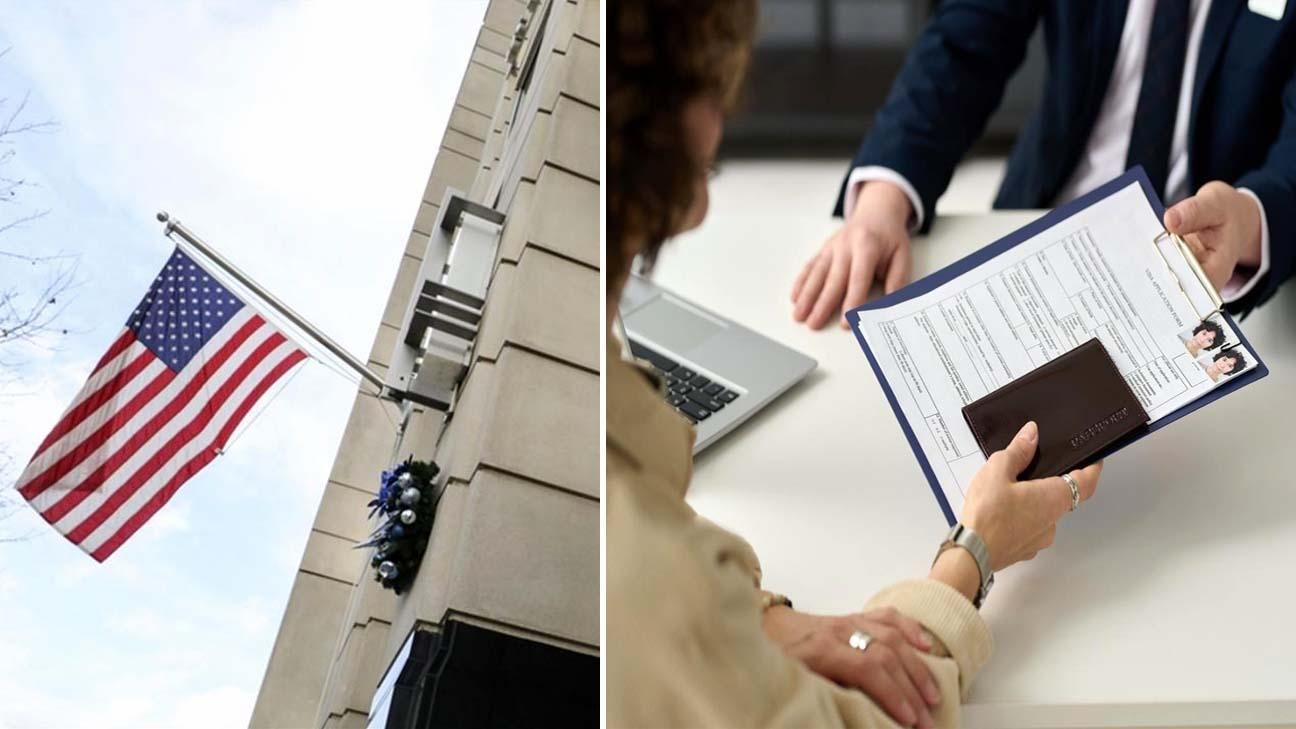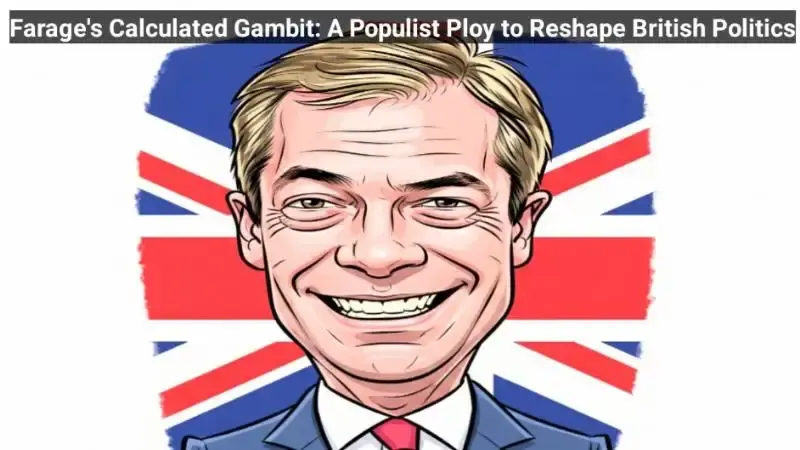The Trump administration is intensifying its crackdown on America’s elite universities and international students, unveiling a series of sweeping measures that include tighter visa regulations, enhanced social media surveillance, and the cancellation of longstanding federal contracts with institutions like Harvard University.
This week, hundreds of Harvard students took to the streets of Cambridge to protest the administration’s decision to cancel all remaining financial contracts with the university—an action worth $100 million (€88 million). The move is widely seen as retaliation against Harvard’s continued resistance to federal pressure over its curriculum, admissions policies, and research independence.
"Trump = traitor," read one placard held by a student protester. Others chanted, “Who belongs in class today? Let them stay,” referencing the uncertain future of international students following the administration's revocation of Harvard’s accreditation under the Student and Exchange Visitor Program (SEVP).
This decision, along with previous cancellations, has brought the total value of severed federal research grants to over $2.6 billion, marking a definitive break in relations between the U.S. government and the nation's oldest university.
Stricter Vetting and Deportation Risks
Simultaneously, new guidance is expected to be issued on the vetting of international and exchange students, including an expansion of social media monitoring. The U.S. State Department has reportedly instructed embassies to halt new student visa appointments until further notice, pending the rollout of the surveillance protocols.
“We're going to continue to vet—whether you're a student or a tourist who needs a visa,” said State Department spokesperson Tammy Bruce. “We will use every tool we can to assess who deserves to visit this country and who does not.”
The new policy signals a marked shift in how international students are treated, with several additional provisions that significantly raise the risk of deportation. According to the administration:
-
Student visas can now be revoked for skipping classes or dropping out.
-
Overstaying a visa or engaging in unauthorized employment will result in immediate removal.
-
Social media posts deemed a “national security threat” can lead to visa denial or termination.
-
Even minor legal infractions, such as traffic violations or alcohol-related incidents, have already led to thousands of students losing their legal status—though some have been reinstated through court challenges.
The administration has justified the moves as necessary to “protect national interests,” though critics argue it’s a politically motivated effort to undermine higher education institutions critical of Trump’s policies.
The “Golden Dome” Offer
In a separate but no less controversial development, former President Donald Trump proposed allowing Canada to join the U.S. “Golden Dome” missile defense system—for free—on the condition that Canada agrees to become part of the United States.
The offer, while not formally tabled through diplomatic channels, has sparked both alarm and ridicule on social media and in political circles across North America.
Escalating Tensions with Academia
The administration’s actions come amid an escalating feud with academic institutions viewed as bastions of liberal opposition. Critics say Trump’s targeting of schools like Harvard is not about national security, but about silencing dissent and centralizing control over education policy.
“This isn’t about students or safety,” said a Harvard professor who asked to remain anonymous. “It’s about power and punishment.”
As student protests grow and legal challenges mount, the coming weeks are expected to be pivotal in determining the future of academic freedom, international education, and America's global image as a destination for learning.

_1.jpg)
_1.jpg)
_2.jpg)




.svg)

